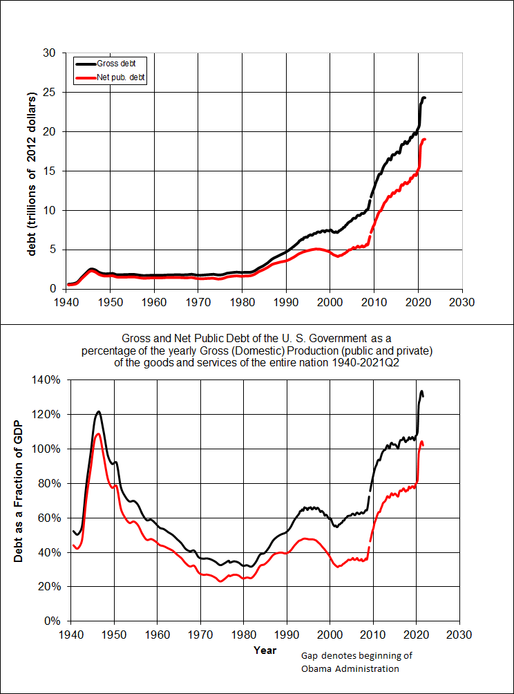"Brazil’s reimposition of an upfront tax on capital inflows in October 2009 triggered a wave of interest in many countries in the potential use of such measures to limit exchange rate appreciation. There is evidence that the Brazilian measures worked to change the composition of capital inflows and that they had a small but discernible impact on interest rate arbitrage.
However, they do not appear to have reduced aggregate capital flows into Brazil. In response to heavy portfolio inflows and substantial exchange rate appreciation during the preceding seven months, Brazil imposed a 2 percent entry tax (the IOF) on inflows to domestic bond and equity markets on October 19, 2009.1 Other types of capital flows, including direct investment, and dollar borrowing by Brazilian banks and firms, were not directly affected. The Finance Ministry announced that the measure was intended to combat speculation in capital markets, and to counteract the appreciation of the real, which it viewed as damaging export industries and employment. This was not the first time Brazil had employed controls on portfolio inflows—up until October 2008 it had levied a 1½ percent tax on bond (but not equity) inflows, but the authorities had eliminated the tax in response to the financial crisis.
Nominal appreciation against the dollar came to an end after the IOF was imposed, but reserves continued to rise steadily and the real continued to appreciate against the euro. Daily exchange-rate volatility was essentially unchanged after the tax. Foreign reserves continued to accumulate but at a reduced pace of about $100 million a day, compared with a little more than $200 million a day in the seven months before the tax was imposed. Chow breakpoint tests fail to show a decisive structural break associated with the tax for either reserves accumulation or for the dollar exchange rate. Foreign investors appear to have exploited some opportunities to divert flows away from investments on which the IOF would have a significant impact to those where it would not. Equity flows, which had reached a record pace in March-October 2009, and for which the effects of the IOF would have been significant, did diminish after October. However, and somewhat surprisingly, the rate of inflows into domestic bonds, where the impact of the IOF should also have been large, remained quite robust after the IOF was imposed. There were increases in short- and long-term dollar borrowing, neither of which is subject to the IOF in its present form. Foreign net long real positions in the domestic derivatives market, for which the effective incidence of the tax would be much lower than in the bond market, have also increased on average since the IOF. Futures-implied offshore interest rates can be constructed and compared with actual interest rates to test the effectiveness of arbitrage under the capital inflow tax. The nondeliverable-forwards (NDF) implied interest rate in Brazilian reais, based on the offshore nondeliverable currency forward, f90,off , can be calculated as:
iBRL,off = (1 + is) (f90,off |e)4 – 1.
This measure can then be compared to the onshore Brazilian three-month interest rate to determine a “basis spread,” as BSoff = (iBRL,off – iBRL). Full covered interest parity would entail that this be zero. For most emerging markets, however, basis spreads are not zero, even under normal market conditions. If the IOF is effective in breaking the link between domestic and foreign fixed-income markets, or in inserting a wedge between the two, this should be evident in market prices. If the new regulations eliminate arbitrage, or impose a cost of arbitrage between domestic and offshore markets, then there should be a difference between the implied interest rate in Brazilian reais available offshore through the NDF market, and the interest rate in reais available onshore in Brazil. The implied interest rate in reais should be lower offshore, where the IOF cannot be collected.
The basis spread derived from NDF trading should become negative, entailing a lower-than-market interest rate in Brazilian reais. If the 2 percent IOF is fully binding and if there had been full arbitrage before it was imposed, then the basis spread should widen by 2 percent on instruments with a one-year maturity. In the event, offshore basis spreads showed small but discernible signs of shifting in the period after imposition of the IOF. Offshore NDFs strength- ened relative to onshore currency forwards, and the NDF-implied basis spread did widen, although by only a fraction of the 2 percent (or 8 percent for 90-day instruments) that would occur if the IOF were fully binding. Both of these relative movements of offshore spreads were in a direction and of a magnitude consistent with a small but discernible effec t of the tax on cross-border arbitrage. There was little movement in onshore spreads. Overall, movementsin Brazilian basis spreads did not diverge appreciably from those of comparable emerging economies that took no special actions during this period, suggesting that the net impact of the IOF on interest rate arbitrage was not large." - IMF
World Economic Outlook, October 2010.









